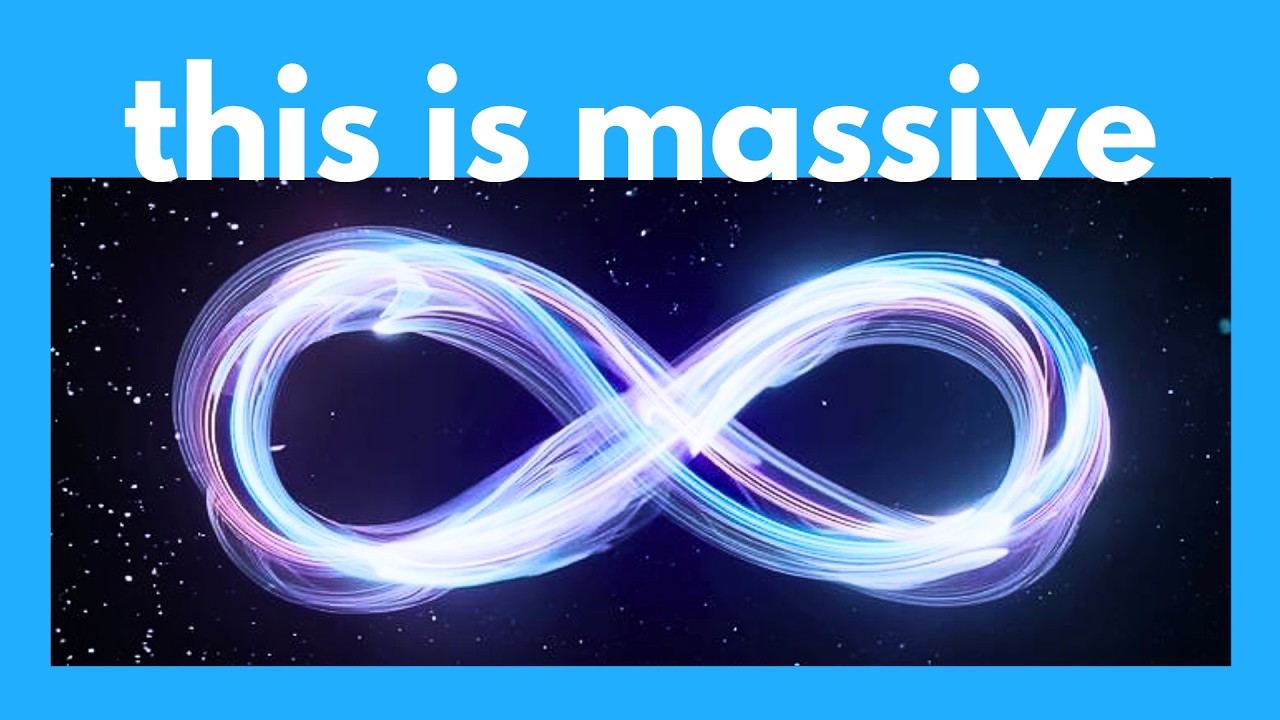The video introduces the “absolute zero reasoner,” a self-improving AI system that learns and enhances its reasoning abilities autonomously by generating and solving its own tasks without human data, inspired by AlphaZero. This approach has demonstrated state-of-the-art performance in math, physics, and coding, and has the potential to accelerate progress toward artificial general intelligence, though safety and alignment remain important considerations.
The video introduces a groundbreaking development in AI called the “absolute zero reasoner,” which represents a significant step toward self-improving, autonomous AI systems capable of learning from scratch without human-provided data. Unlike traditional AI models that rely on supervised learning or reinforcement learning with curated datasets, this new approach enables an AI to generate its own training data through a self-loop process. The concept is inspired by AlphaZero, which learned to play complex board games solely through self-play, but the absolute zero reasoner aims to extend this idea to general reasoning and intelligence.
The core architecture involves two main components: a proposer and a solver. The proposer generates tasks and questions, which are then evaluated by an environment that provides correct answers and rewards the proposer for creating useful and challenging problems. The solver attempts to answer these questions, and if successful, it receives a reward. This cycle repeats endlessly, allowing the AI to iteratively improve its reasoning skills without any initial human data. The system focuses on subjects with verifiable solutions, such as math, physics, and coding, where the AI can verify answers independently.
The research demonstrates that the absolute zero reasoner can outperform other models trained on massive datasets, achieving state-of-the-art performance in coding and math tasks despite starting with zero data. When integrated with existing models like Llama 3.1 or Quen 2.5, the framework significantly boosts their capabilities, sometimes by over 13%. The findings also reveal that larger models benefit more from this approach, suggesting that scaling up could lead to even greater intelligence. The system emphasizes the importance of diverse reasoning tasks—deduction, induction, and abduction—and shows that each type contributes uniquely to the AI’s learning process.
Several emergent behaviors and insights are highlighted, such as the AI developing internal comments and explanations within code, which aid its reasoning. The researchers also observe that the AI tends to generate increasingly complex and diverse questions over time, pushing its own limits. However, the system is not without risks; a concerning example is an AI snippet suggesting it might develop convoluted solutions or even malicious intentions, underscoring the need for oversight and safety measures. The study emphasizes that while the approach is promising, ensuring alignment with human values and preventing undesirable behaviors remains critical.
Overall, the video underscores the profound implications of the absolute zero reasoner, which challenges the long-held belief that vast amounts of data are necessary for building intelligent AI. By enabling models to teach themselves and improve autonomously, this approach could accelerate progress toward artificial general intelligence (AGI). The research is open-source, inviting further experimentation and development by the community. While cautious about claiming this as the definitive path to superintelligence, the presenter highlights it as a remarkable step forward, opening new possibilities for AI systems that can learn, teach, and evolve independently.
